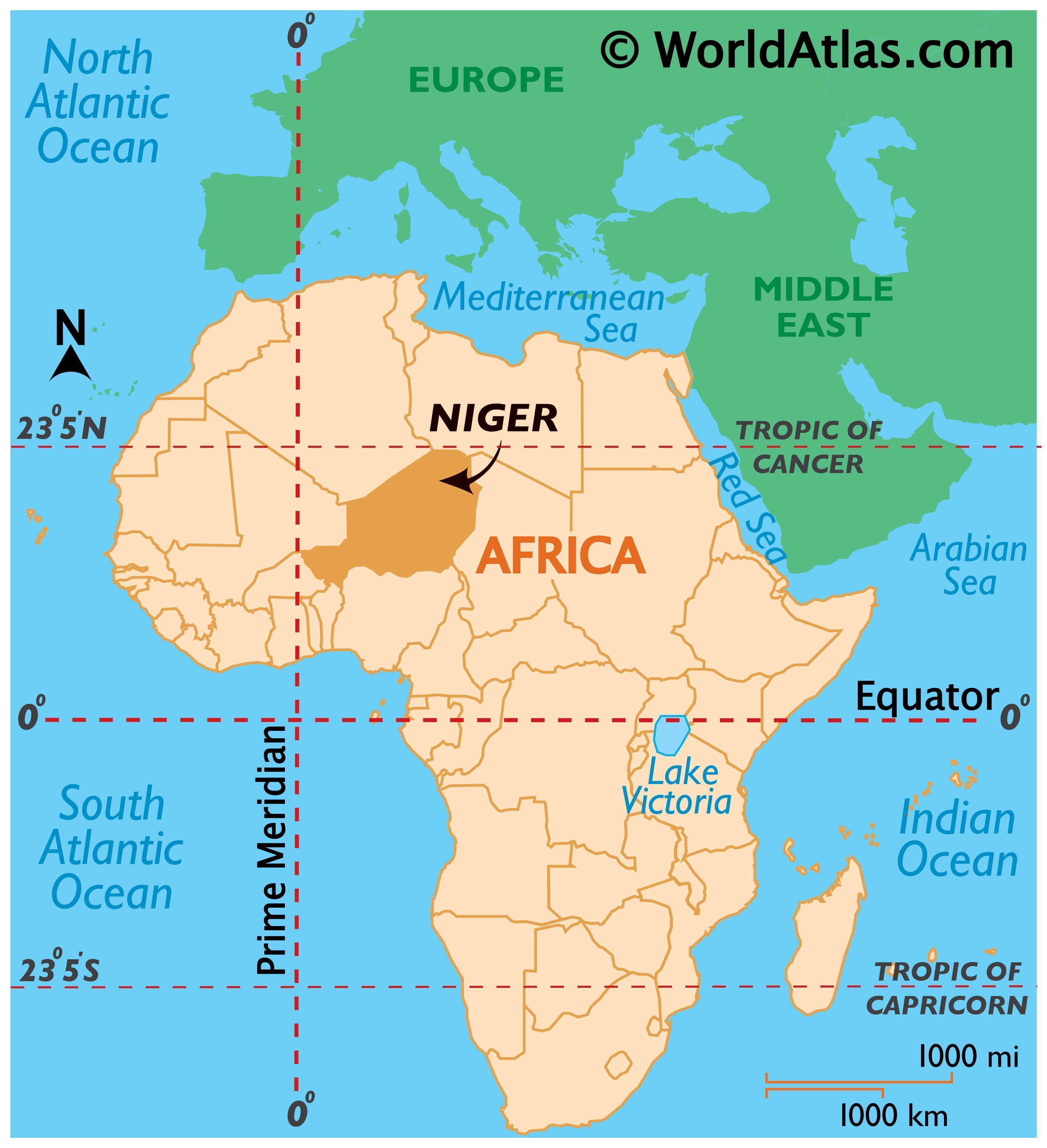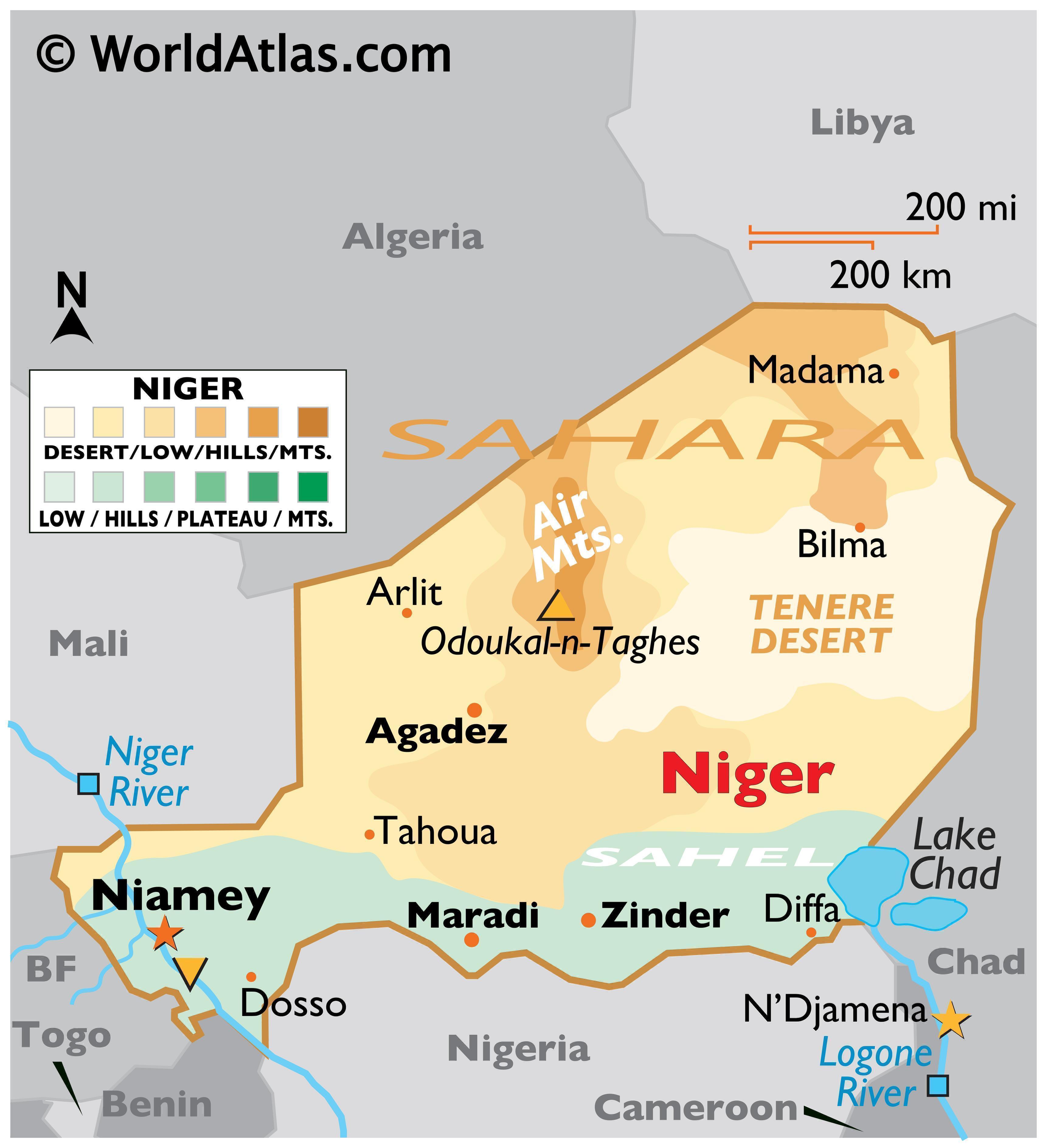Retired Major General Lew Mackenzie cautions against pursuing a temporary seat on the Security Council in this oped piece from the Globe and Mail reproduced under the Fair Dealngs provisions of the Copyright Act.
So, Canada is on the search for a low-cost, low-risk, high-profile United Nations “peacekeeping” mission to enhance its chances to win a coveted seat on the UN Security Council in 2021.
This misguided emphasis on peacekeeping, especially given the UN’s battered reputation in this area due to a series of self-acknowledged peacekeeping disasters in the 1990s, is ill-founded. Given the considerable expense for Canada in attempting to secure a temporary two-year seat and, if successful, then participating as a non-permanent member of the council, it is time to examine a few relevant facts.
Canada did not abandon peacekeeping; peacekeeping abandoned us. During the Cold War, peacekeeping missions, with one disastrous exception, dealt with conflicts between countries. The member states involved in the conflict had delegations at the UN headquarters who could be called upon to help resolve breaches of ceasefire agreements and protocols. Post-Cold War conflicts where the UN has dared to deploy so-called peacekeepers have involved warring belligerents within countries. Factions in Somalia, Rwanda, Bosnia and many places had no delegations at the UN; as a result, the world body had little influence as violence and killings continued.
As a result of those such disasters, countries that had provided the bulk of soldiers for peacekeeping missions during the Cold War – including Canada, Sweden, Norway, Denmark, Yugoslavia, Poland, Fiji, France, Britain, Australia and New Zealand – dramatically reduced their participation. In their place, countries such as Ethiopia, Bangladesh, Pakistan and Rwanda among others stepped forward to fill the gap. I have commanded soldiers from some of those countries and many are just fine; however, they are grossly underpaid and the temptation to subsidize their income by participating in illegal activities such as human trafficking, prostitution and the black market is too high for some to resist. At the same time, their parent countries are paid more than $1,300 (U.S.) a month for every soldier assigned to the UN, and while on duty, the soldiers are fed and accommodated by the UN. For some countries, UN peacekeeping has become a profitable business.
The United Nations was created in 1945 to address the issue of international peace and security. But even as the Security Council still struggles with conflicts around the world, other UN organizations that developed later are much more successful in achieving their objectives. UNICEF, the World Health Organization, the UN refugee commission and at least a dozen other UN agencies are indispensable in helping to deal with the chaos resulting from conflict and natural disasters. While it is perhaps less glamorous, enhancing Canadian support to such organizations would be more beneficial to the world than expending significant investment to try to gain a seat at the Security Council.
Canada will be competing for a council seat with the other 27 members of the ill-titled Western European and Others Group. Canada, Australia, New Zealand and Israel are the four designated “Other” countries; the remaining 24 members are European countries. They, along with the other 165 members of the General Assembly, would have to be wined and dined and lobbied by Canada to obtain the two-thirds of votes necessary for selection.
Low-risk, low-profile modest participation in UN military operations will have little impact on Canada’s chance for gaining a seat in 2021. In the early 1990s, when Canada had more than 4,600 troops in Cambodia, Cyprus, Yugoslavia, Somalia and Rwanda, that level of participation was noticed. But these days, thanks to chronic budget shrinkage, Canada is not even capable of deploying half that number, and would be challenged to sustain a contingent one-quarter that size.
If we really want to help make the world a better place, Canada should forget the obsession about obtaining an expensive temporary seat on the Security Council, where it would have little influence and, dare I say, little prestige in the face of the five veto-holding permanent members. Instead, Canada should focus on increasing support to UN agencies that have been saving and improving lives around the world.

:format(jpeg):mode_rgb():quality(40)/discogs-images/R-1514057-1324199276.jpeg.jpg)

